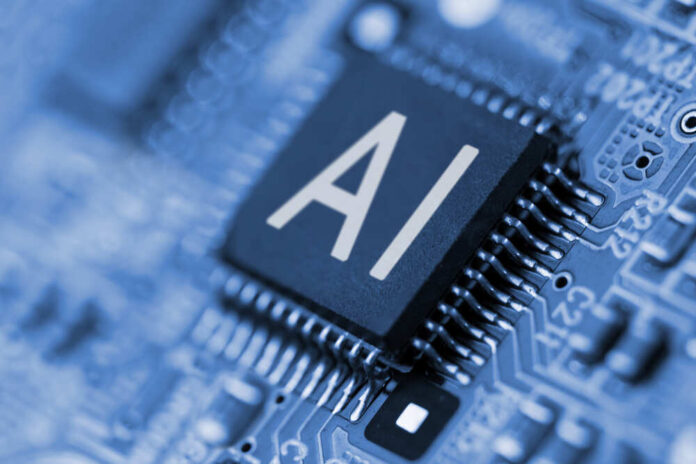
While many countries contemplate imposing restrictions on AI development, Japan is forging ahead without hesitation. In a recent announcement, the Japanese government declared that it would not dismiss any uses for AI.
During a meeting, Keiko Nagaoka, the Japanese Minister of Education, Culture, Sports, Science, and Technology, affirmed that no laws, including copyright regulations, will prevent AIs from accessing data within the country.
Nagaoka stated that AIs would be free to utilize data for training purposes, regardless of whether it is intended for non-profit or commercial use, irrespective of the act’s nature and whether the content was obtained from illegal sources or other means.
This decision has disappointed copyright holders who argue that AI’s use of their intellectual property to create new content undermines the fundamental principles of copyright.
Similar concerns have already arisen in the Western world, such as when an AI-generated song featuring the artificially created voices of The Weeknd and famous singer Drake went viral on several streaming services in April, only to be promptly removed.
In contrast, discussions in the West primarily revolve around the potential risks and harms associated with AI. AI leaders have recently cautioned governments about the technology’s development carrying a “risk of extinction,” while news organizations express concerns about deepfakes and the spread of “misinformation.”
On the other hand, the Biden Administration’s regulators at the FTC, who lean towards leftist policies, are concerned that “historically biased” data, such as crime statistics with racial imbalances, could lead to outcomes that contradict “civil rights.” Consequently, several left-leaning advocates in the Western world advocate for severing AI’s access to such data.
If the government adheres to Nagaoka’s policy, Japan will not impose any restrictions. Given its persistent challenges of an aging population and low birth rates, Japan has extensively pursued AI and automation development.
The country considers automation a viable remedy to the shortage of young workers, aiming to reduce reliance on mass immigration to bridge the gap.














